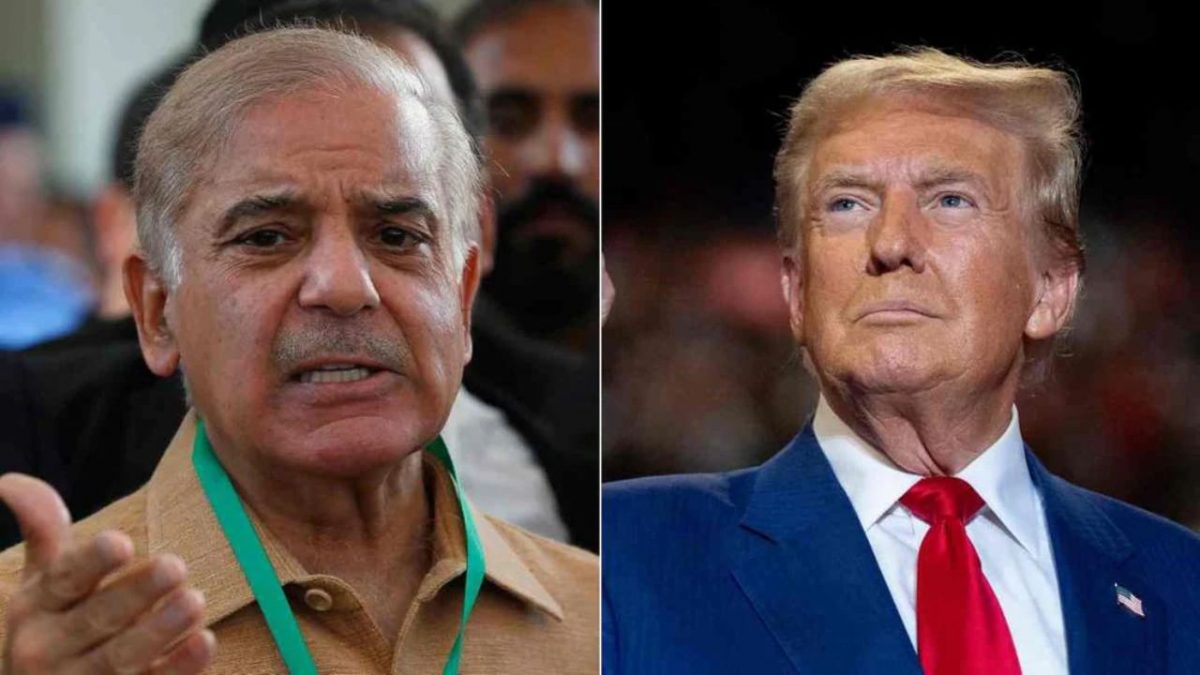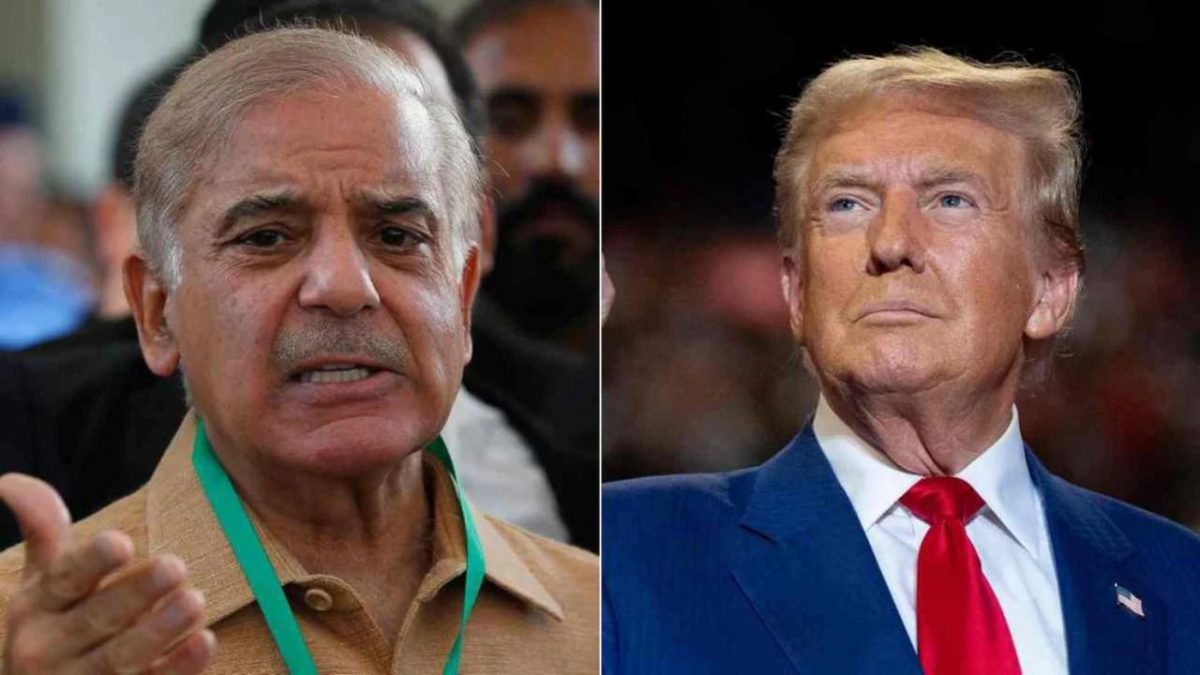Alexander Dobrindt, the incoming German interior minister, said on Sunday that the far-right Alternative for Germany (AfD) party was unlikely to be outlawed after being designated as “extremist” by the intelligence agency last week.
German politicians have been contemplating banning the party as well as other measures such as firing AfD members from government service and reducing or terminating public funding.
However, Dobrindt told ARD that he doubted if the AfD operations mentioned in the intelligence agency’s assessment satisfied the standards for an absolute prohibition.
The constitutional court’s guidelines provide that a party must demonstrate that it is acting “combatively and aggressively” to achieve its aims in order to be outlawed.
“I’m sceptical, because the aggressive, combative nature of the party against our democracy must be a defining characteristic. The Constitutional Court was right to set high hurdles for banning a party,” Dobrindt said.
He added that he was “convinced that the AfD does not need to be banned, it needs to be governed away, and we need to talk about the issues that have made the AfD so big”.
Dobrindt, a high-profile member of the CSU, the Bavarian sister party of incoming chancellor Friedrich Merz’s CDU, said his ministry would examine the designation in depth and he would discuss its findings with the spy agency’s top brass in person.
SPD leader Lars Klingbeil told the Bild am Sonntag newspaper that the future government would work to shrink the AfD.
“What I don’t believe is that a potential ban procedure, which could take years, is the sole instrument to bring the AfD down,” Klingbeil, Germany’s next vice chancellor, said.
AfD co-leader Alice Weidel accused outgoing Interior Minister Nancy Faeser of using the spy agency as a “secret justice system” to discriminate against the party.
“We are a future governing party; even the machinations of the secret justice system will not be able to prevent that in the long run,” Weidel told the Welt newspaper on Sunday.


)
)
)
)
)
)
)
)
)